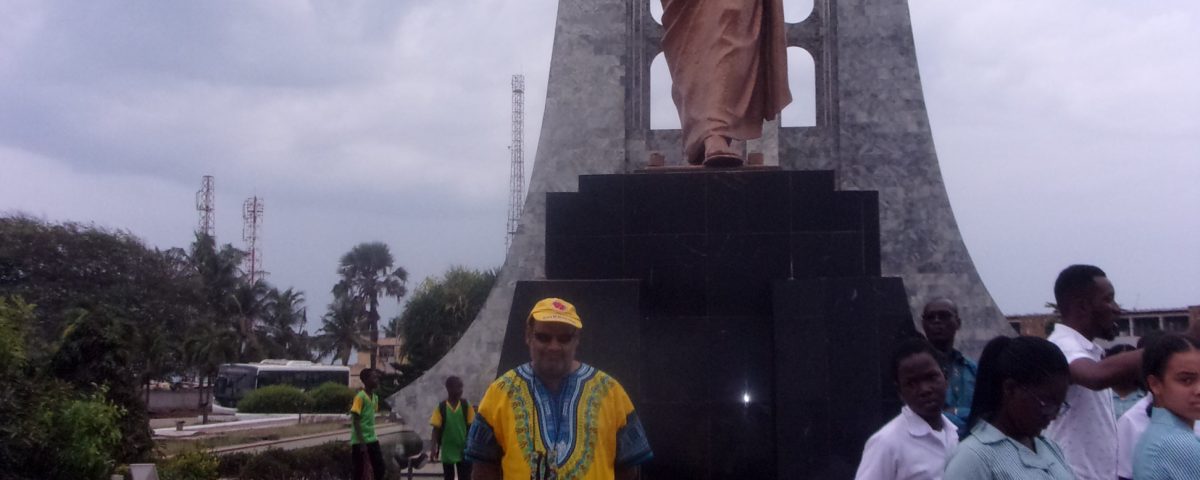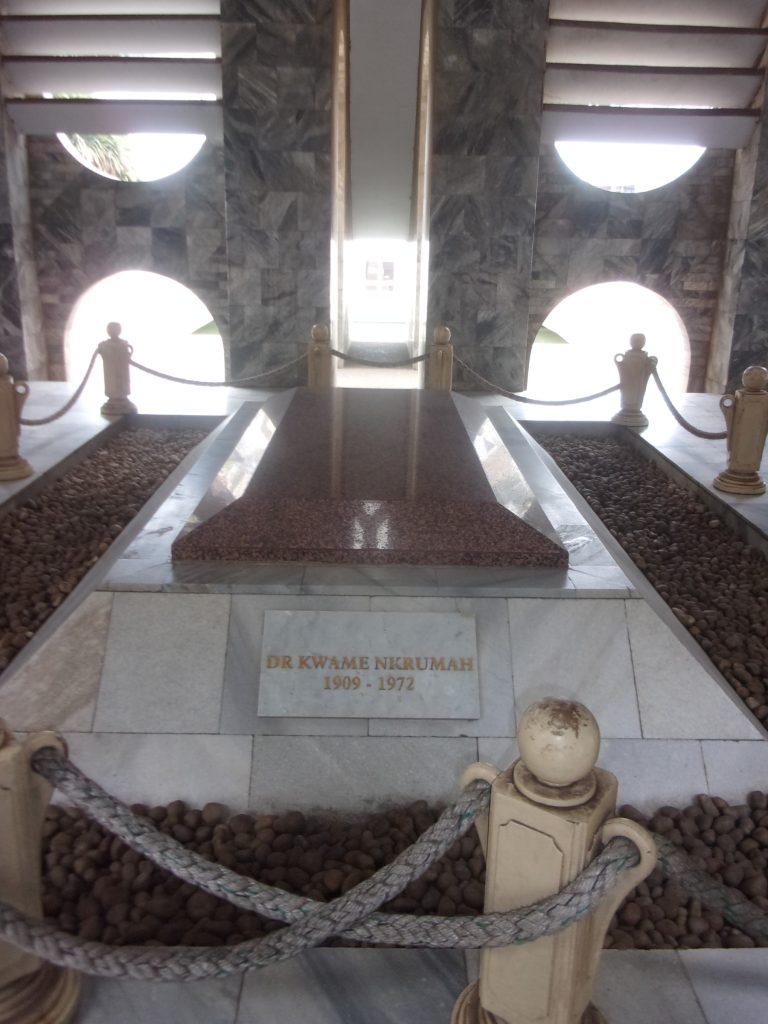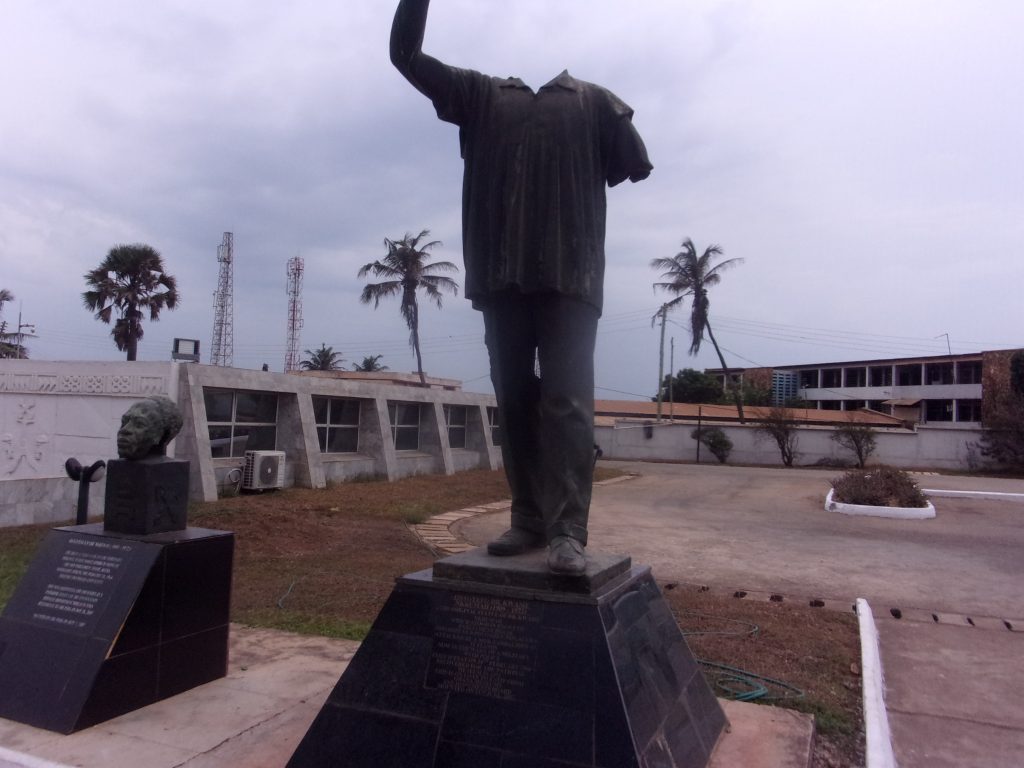Historic AFCON (Part Ten)

Historic AFCON (Part Nine)
January 10, 2024
Historic AFCON (Part Eleven)
January 14, 2024Historic AFCON (Part Ten)

KODAK Digital Still Camera
By Satish Sekar © Satish Sekar (January 12th 2024)
The Pressure Mounts
Football is a results business – everyone knows that – but the rewards can be huge. This was demonstrated on the world stage by its popularity. It is the most popular sport in the world. Consequently, success on the pitch offers political benefits. Benito Mussolini understood this well – the 1934 World Cup is a case in point. Arguably he left little to chance, giving the hosts a helping hand. Similarly, the infamous Argentinean dictator, Jorge Videla, intervened to ensure Argentina’s first success in 1978, so much so that top striker Leopoldo Luque doesn’t consider himself a World Champion.
But six months before the world’s best gathered in Argentina Ghana faced a crossroads. They had undoubtedly been the African team of the 1960s.

They were the African example of utilising the power of football, but that had been Kwame Nkrumah’s baby, nurtured by the late former Sports Minister, Dr Ohene Djan, and delivered by Ghana’s greatest ever coach, Charles Kumi Gyamfi.
The Contradictory Character of Joseph Ankrah
However, that was the problem. Dr Kwame Nkrumah’s Football Revolution had delivered. It had laid the foundations for a football dynasty that should have dominated African football for decades. Its roots were strong – so strong that not even the February 1966 coup could dismantle it immediately, despite the sabotage the coup inflicted on Ghanaian football. Shamefully, the coup de grace to Ghana’s Football Revolution was delivered by a talented former footballer. The coup plotters installed former Hearts of Oak player, Joseph Ankrah – a talented footballer who could play in defence or attack in the 1940s before choosing a career in the military.
Ankrah later became the first President of the Council of Patrons of Hearts of Oak. Lieutenant-General Ankrah distinguished himself by saving the life of Patrice Lumumba during the Congo Crisis, receiving the following citation for his bravery: “With great common sense, maturity and tact, this officer (Ankrah)handled a delicate situation which otherwise would have created grave consequences in Leopoldville and many parts of Congo. Colonel Ankrah, with complete disregard for his own life, disarmed an Armée Nationale Congolais (ANC) soldier who, with a loaded sten machine carbine, attempted to shoot Mr Lumumba. He carried the Prime Minister to safety in a vehicle that was fired on by ANC ambushers. Had it not been the quick and bold action of Colonel Ankrah at the risk of his life, Mr Lumumba’s life would have been taken with untold consequences at that time.”
Nkrumah could not have been prouder of Ankrah, an officer he had championed within the Ghanaian military, and within Africa. Ankrah was an African hero. Nkrumah promoted Ankrah to Major-General. But by 1965, Nkrumah had lost trust in Ankrah. Osagyefo dismissed Ankrah from the army, believing that he was plotting a coup. Less than five years after Nkrumah had lauded him, Ankrah became the Chairman of the National Liberation Council (NLC) – the name the Ghanaian military’ coup plotters gave to its military government that toppled Nkrumah.

Ankrah’s precise role in the February 1966 coup is uncertain – according to some he recruited key participants, including Emmanuel Kotoka, but others say he was appointed to head the military regime after the coup had succeeded. Ankrah planned the coup, or so he claimed – if he did so, it vindicated Nkrumah’s suspicion about him in 1965.
Colonel Kotoka – he was promoted by Ankrah to a rank that permitted him to authorise movement of troops, which was vital to the coup – was killed during a coup attempt on April 17th 1967 – Accra’s international airport is named after him. Lieutenants Sam Arthur and Moses Yeboah were executed after the failure of the coup, which was crushed by Akwasi Afrifa after Ankrah had been allowed to escape by Second Lieutenant Ebenezer Osei-Poku – he was convicted of conspiracy and imprisoned, but later received a full pardon.
Due to a bribery and corruption scandal – at the very least he did not report an approach by a Nigerian businessman to bribe him – Ankrah was forced to resign as Head of State on April 2nd 1969. He was replaced by Major Afrifah, the man who announced the 1966 coup.
The Price Paid by Ghanaian Football
Six months later Afrifa handed over power to the new President Kofi Busia, who would become the first leader of Ghana to fail to qualify for an AFCON since April 1961, and that failure to qualify during Osagyefo’s Presidency had been due to losing the drawing of lots after a 2-2 draw on aggregate with Nigeria. 1971 had been a failure on the pitch – the first of three successive failures.
The latter two (in 1973 and 1975) had been under the leadership of Ignatius Acheampong, who led a coup that toppled Busia’s failing regime on January 13th 1972. Afrifa was quickly arrested and detained. Ghanaian football was in a sorry state – at least the Black Stars were.
The Football Revolution was Betrayed by a Football Man
While Ankrah was a football man, the damage he did to Ghanaian football cannot be underestimated. Gyamfi had earned the right to try to win the Africa Cup of Nations (AFCON) for the third consecutive time. There was no football reason capable of justifying the decision to deny him the opportunity. He was denied the chance by political interference in football.
Gyamfi was popular. He was the black face in the dugout of Ghana’s Football Revolution, and that meant a Gyamfi triumph would be seen as a triumph of Nkrumah and Nkrumahism. The military could not allow that, so they asked Brasil, run by a military dictatorship since 1964, to help them find a coach.
Carlos Alberto Parreira – he would lead Brasil to World Cup glory almost a quarter of a century after their iconic 1970 triumph – took the job as head coach even though he had only just qualified as a coach. Previously, he had been a fitness trainer. He took the job and led Ghana to a shock defeat in the final of the 1968 AFCON. Gyamfi, outrageously demoted to serve as Parreira’s assistant, was also sacked.
Foreign coaches followed Parreira and all failed to deliver. Fred Osam Duodu was appointed just weeks before Ghana was due to host the 11th AFCON. The pressure was mounting, and not just on Osam Duodu. Acheampong was taking a huge risk.


